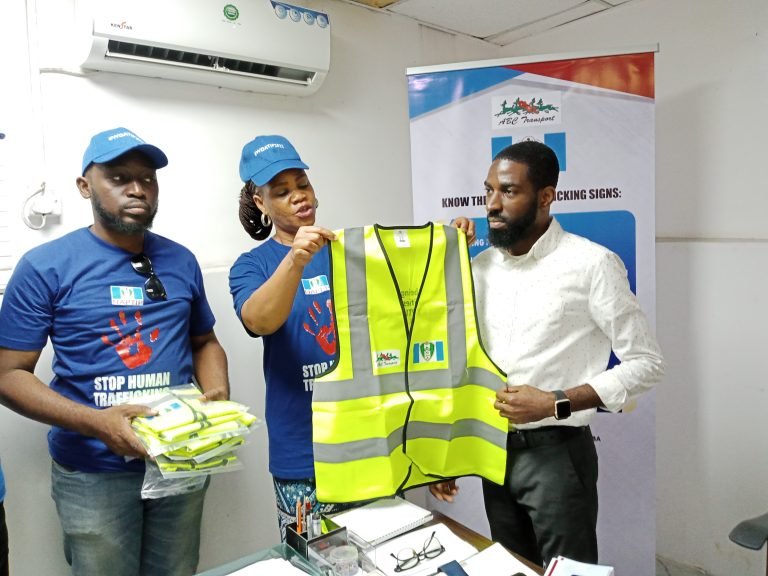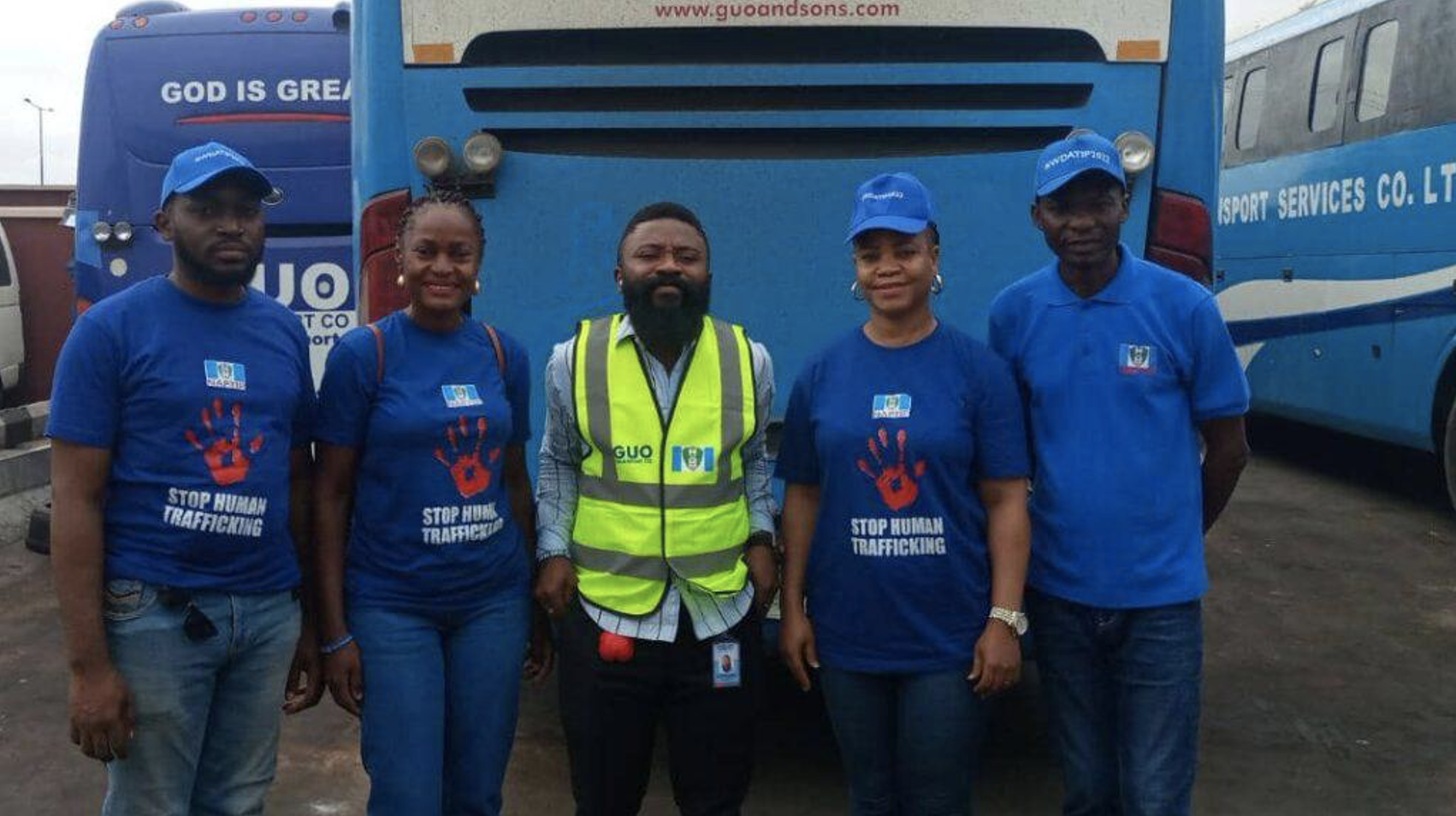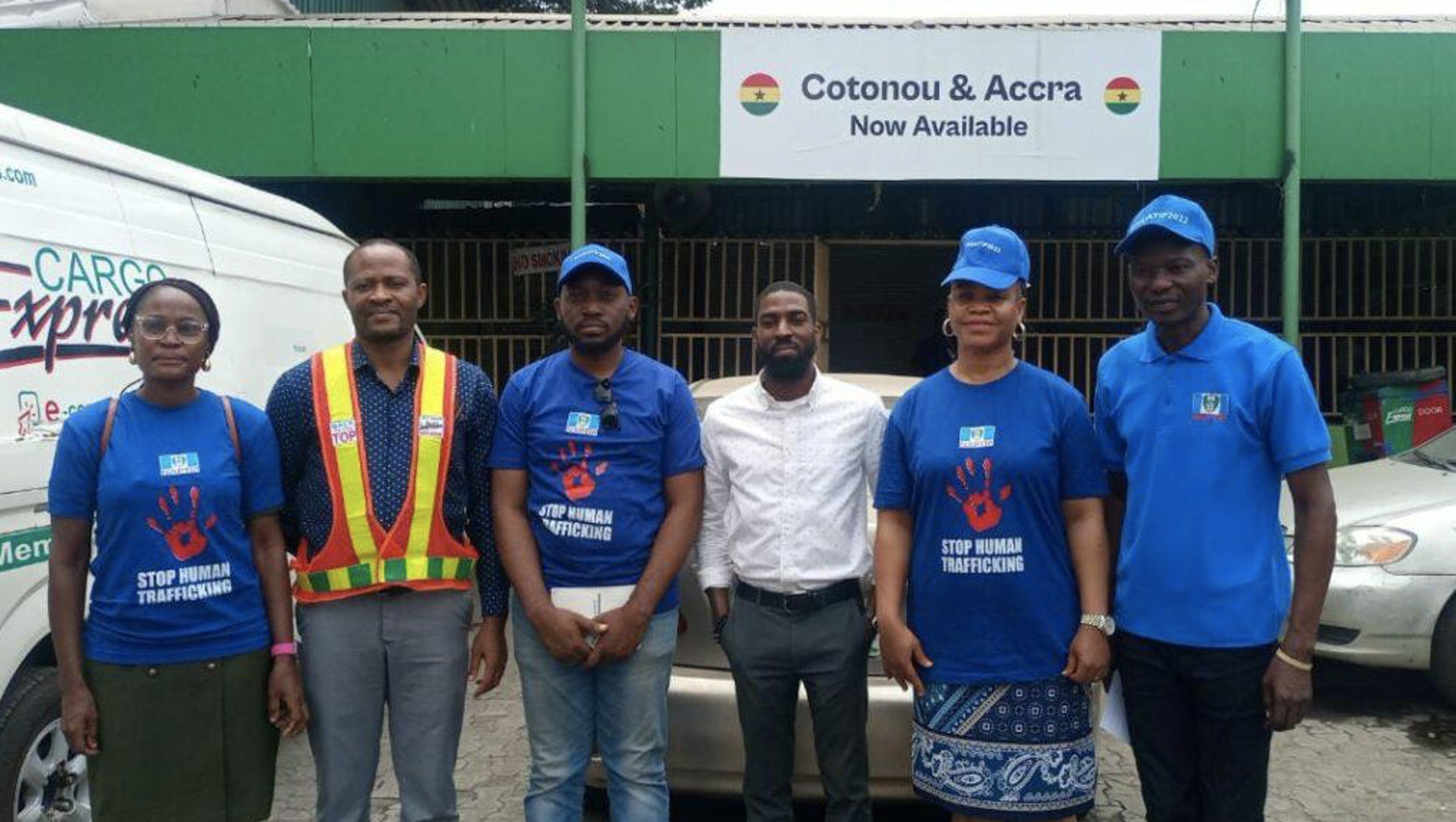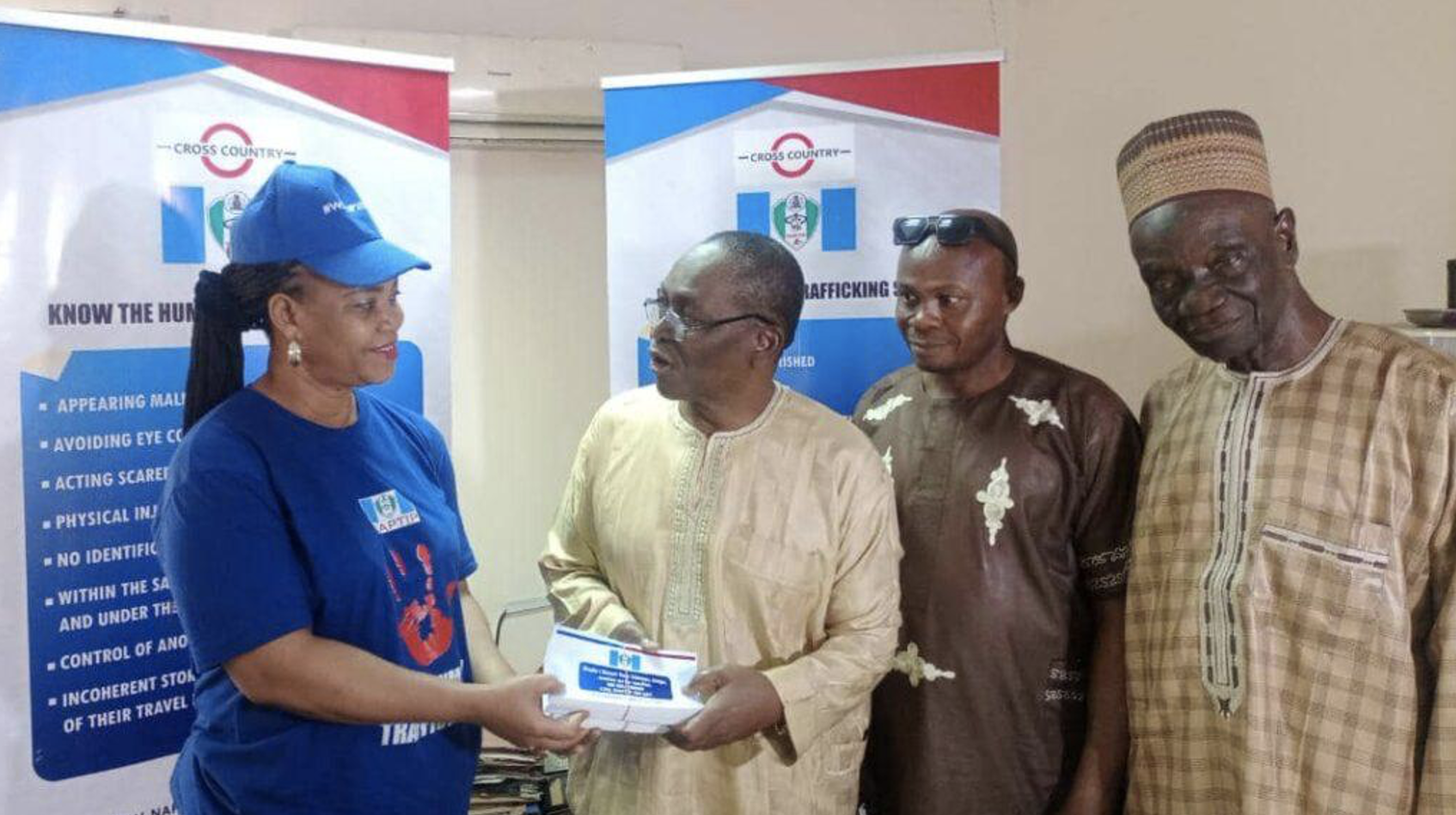Tackling Human Trafficking ‘On the Move’
Since 2018, ARK has implemented four projects focusing on irregular migration from Nigeria, Pakistan and Iran. This current programme is funded by the Government of Canada and is part of a wider programme of support to the Nigerian Agency for the Prohibition of Trafficking in Persons (NAPTIP) and the Nigerian Immigration Service (NIS) by Immigration, Refugees and Citizenship Canada (IRCC). This programme involves activities delivered by IOM, UNODC and ARK, with ARK selected to deliver strategic communications support to NAPTIP.
Our approach is focused on user-driven project design which means that we seek to fully understand our partners’ priorities and constraints to co-design interventions that are appropriately tailored to their context and ambitions. Importantly, a co-creation process has ensured that international concerns about human trafficking and irregular migration are married with Nigerian priorities related to internal trafficking linked to sexual and labour exploitation.
Last October, ARK and NAPTIP explored several different campaign ideas before settling on NAPTIP’s preferred option ‘NAPTIP On the Move’ which targets human trafficking on interstate public transportation. According to NAPTIP’s trend analysis, the majority of trafficking cases involve the transportation of victims by interstate buses. By partnering up with the National Union of Road Transportation Workers (NURTW) and private bus companies that transport millions of passengers across the West Africa region, the campaign both raises awareness of bus drivers and passengers on the red flags indicating that someone on a bus is being trafficked, as well as provides information on available reporting mechanisms.
Using different communications tools to reach target audiences, the campaign aims to increase prosecutions and target both internal and regional trafficking. The campaign, which was recently launched in the transit hub of Lagos, has already resulted in the identification and rescue of underage trafficking victims.




